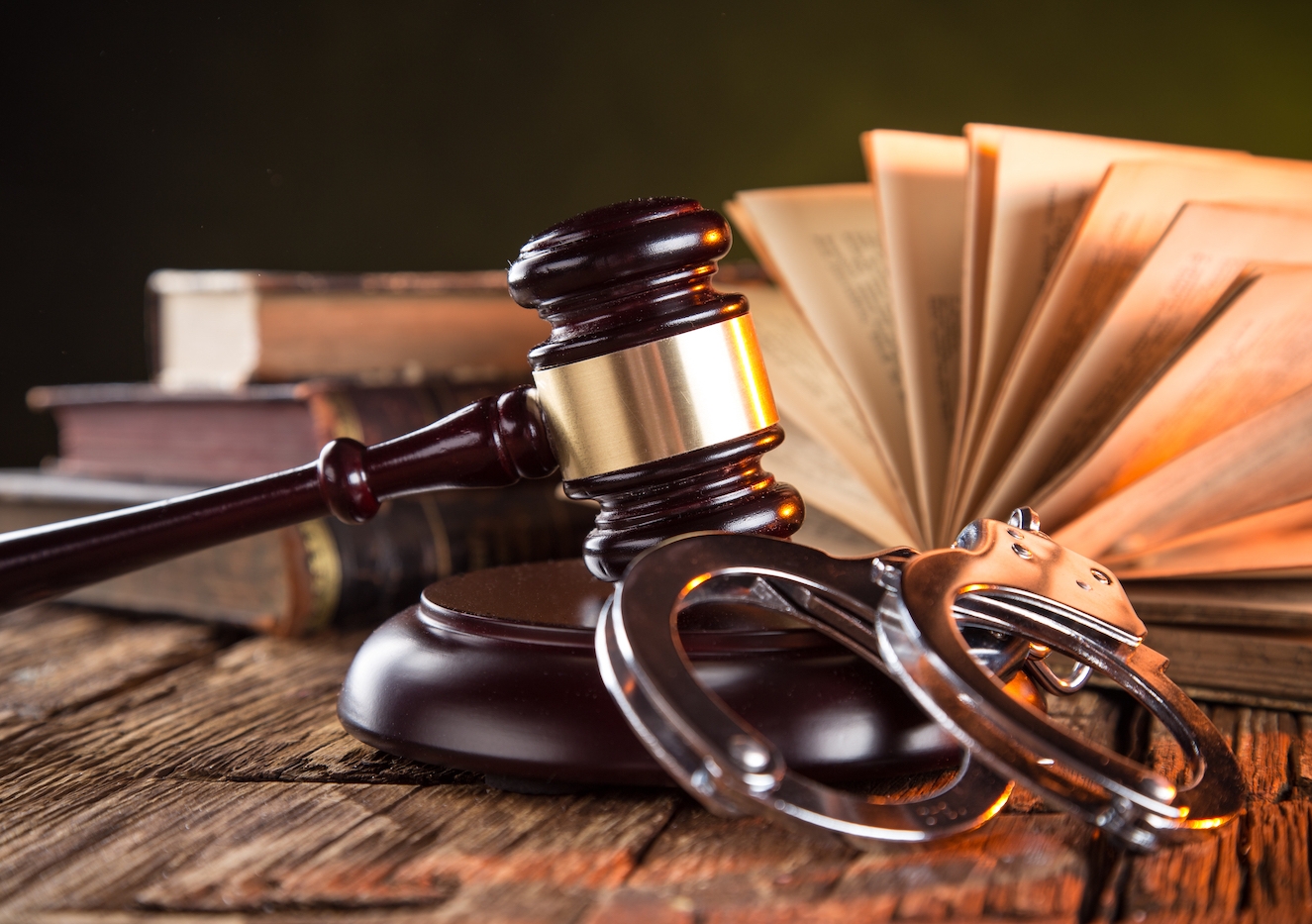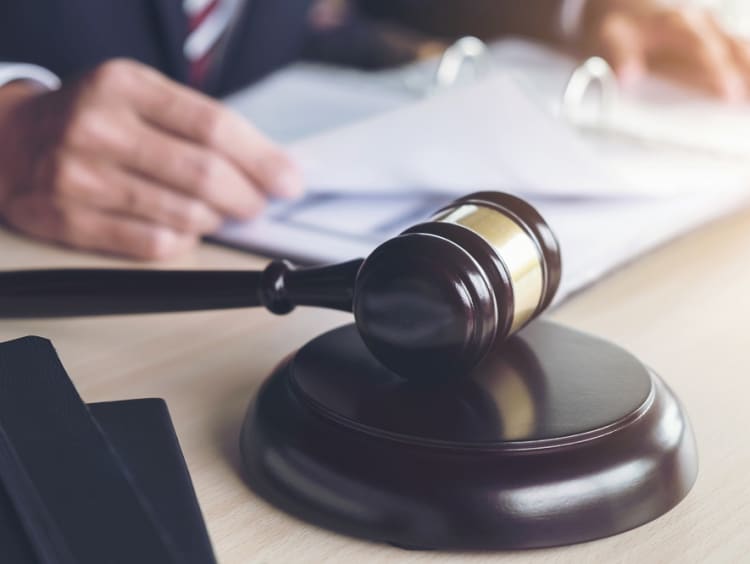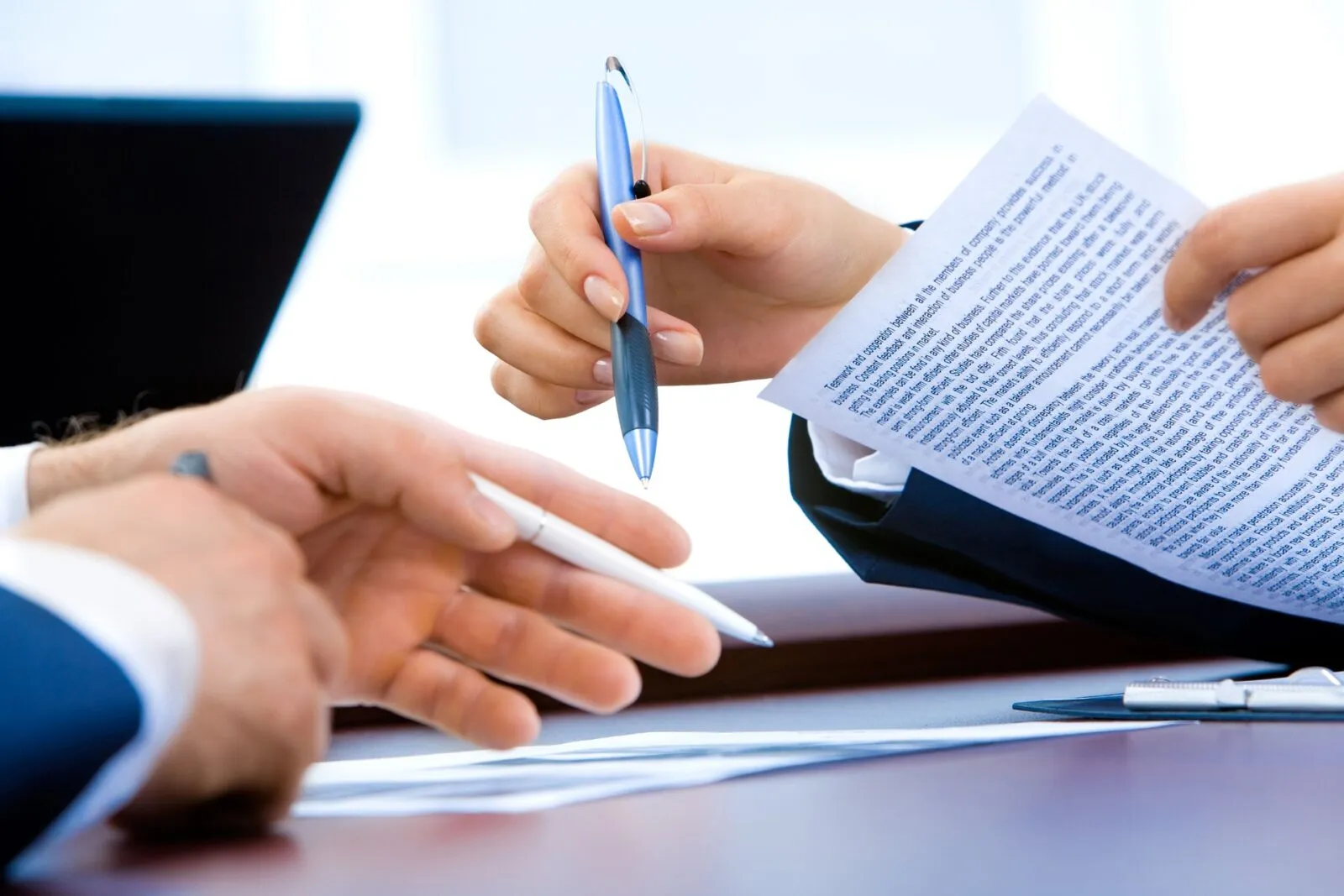
How to Approach a Lawyer for Criminal Cases?
December 24, 2022If you have been accused of a crime, there are many different ways that you can approach and can hiring a DUI Lawyer. It can be a long process, and you may not be sure how you should approach it. However, there are some steps you can take to make things easier for yourself.
Table of Contents
Arraignment
The arraignment is the first step in a criminal case. It is the court proceeding during which a person is informed of charges against them and asked to enter a plea. During the arraignment, the defendant is given the opportunity to ask for bail.
Arraignment courts operate seven days a week. If the case is a misdemeanor, the defendant does not need to appear in court. However, he may be asked to do so for procedural matters.
In some jurisdictions, video teleconferencing is used for arraignment. This eliminates the need for a long drive to the courtroom.
Arraignment hearings can last for weeks. Depending on the charges, the defendant could be released on bail before the trial. Or the judge may decide to keep the defendant in custody until the trial.
Preliminary Hearing
If you’ve been arrested, there’s a good chance that your case will involve a preliminary hearing. Preliminary hearings are used to test the strength of the prosecution’s evidence. They are also a good way for your attorney to challenge the prosecutor’s case and get it dismissed before trial.
A preliminary hearing is held at the local Magisterial District Court, or MDJ. The judge listens to both sides of the case and decides whether the prosecution has enough evidence to continue the case or not.
A preliminary hearing can last anywhere from a few minutes to a few hours, depending on the complexity of the case. In some cases, the defense can persuade the judge to drop charges or negotiate a better plea bargain.
Before a preliminary hearing is held, the prosecutor will present evidence to the judge that supports probable cause, a standard of proof that is a little more stringent than that required at a trial. Probable cause refers to a state of facts that would lead a reasonable person to believe that the defendant committed a crime.
Presenting Evidence
If you are an attorney defending a criminal case, you may be asked to present evidence. As with any court proceeding, you should familiarize yourself with the rules.
There are many types of evidence, including objects, documents, and testimony. All of these must be admissible in the courtroom. The key is to know which one to use and how to present it. You will also need to make sure you can prove the authenticity of your evidence.
A great way to do this is to keep an inventory of the evidence you plan to present. This inventory should include copies of your evidence. Make sure you have at least three copies of each document or item.
In order to be considered credible, your evidence must be relevant to the case at hand. For instance, if you are a lawyer defending a claim of abuse, you might want to present evidence of broken furniture, injuries, or a police report.
Retaining Experts

When you are dealing with a criminal case, the right expert can make a significant difference in the outcome. They can help you develop a defense, and prevent charges. Depending on your needs, a forensic accountant, medical expert, or computer specialist may be a great resource.
A forensic expert can provide information that is valuable in a criminal case. They can help determine the cause of a fire, or the amount of alcohol in a person’s blood. Their work is also useful for insurance companies and prosecutors. If you are trying to prevent a criminal charge, you might want to hire a forensic psychiatrist or psychologist.
While there are many things you can do to improve your chances of avoiding a conviction, hiring an expert can be the quickest way to start. An expert will be able to answer questions about specific issues and provide you with a broad overview of the topic. It is important to choose an expert carefully, though. You’ll want to meet with him or her early on in the proceedings, and you should have an inventory of materials and documents you will provide to the expert.
Working Long Hours
Many lawyers who work long hours have problems with burnout. It is important to understand how to maintain a healthy work-life balance.
Several factors can lead to long lawyer working hours. These include billable hours requirements, caseloads, and office demands. However, there are ways to minimize the effects of these issues. Keeping in mind these tips will help you maintain a healthy work-life balance.
As a lawyer, you must always deliver the best legal services to your clients. This means you will need to complete research, prepare court paperwork, and communicate with multiple legal parties. In addition, you will need to travel to and from courthouses and meet with your clients.
When you’re a criminal lawyer, you’ll spend a lot of time on the road. You’ll need excellent investigative and written advocacy skills, as well as excellent oral advocacy.












